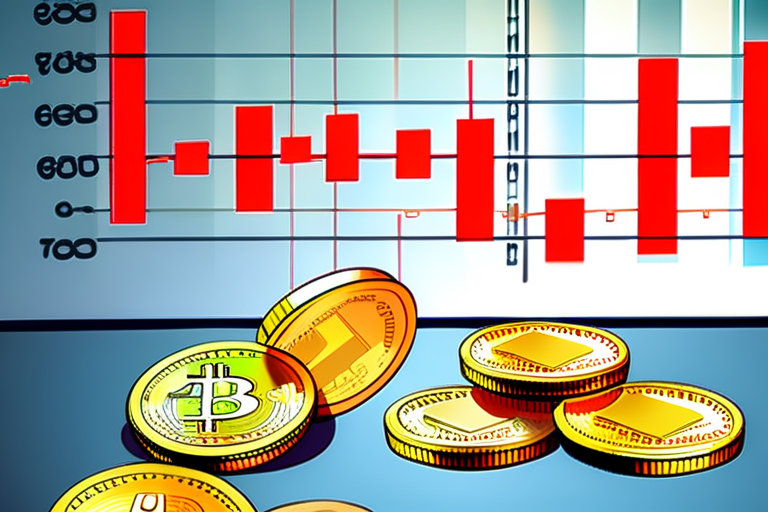Gen Z's Credit Scores Crash: Student Loans, Rent, and 'Doom Spending' Take a Devastating Toll


Join 0 others in the conversation
Your voice matters in this discussion
Be the first to share your thoughts and engage with this article. Your perspective matters!
Discover articles from our community

 Hoppi
Hoppi

 Hoppi
Hoppi

 Hoppi
Hoppi

 Hoppi
Hoppi

 Hoppi
Hoppi

 Hoppi
Hoppi

Russian Drone and Missile Attack on Kyiv Claims at Least 4 Lives, Wounds Dozens A devastating Russian drone and missile …

Hoppi

XLM News: Consolidation in Tight Range After Early Volatility The Stellar (XLM) token has been trading within a tight range …

Hoppi

Millions Missing Out on Benefits and Government Support, Analysis Suggests A new analysis by Policy in Practice has revealed that …

Hoppi

Crypto Market Liquidations Reach $900M as Bitcoin and Ether Prices Plummet A sharp correction in the cryptocurrency market has resulted …

Hoppi

Jamaica Election Results: Andrew Holness Leads Labour Party to Third Term KINGSTON, Jamaica - In a closely contested election, incumbent …

Hoppi

Luxury Fashion Brands Hit by Massive Cyber-Attack A coordinated cyber-attack has compromised the private data of millions of customers from …

Hoppi